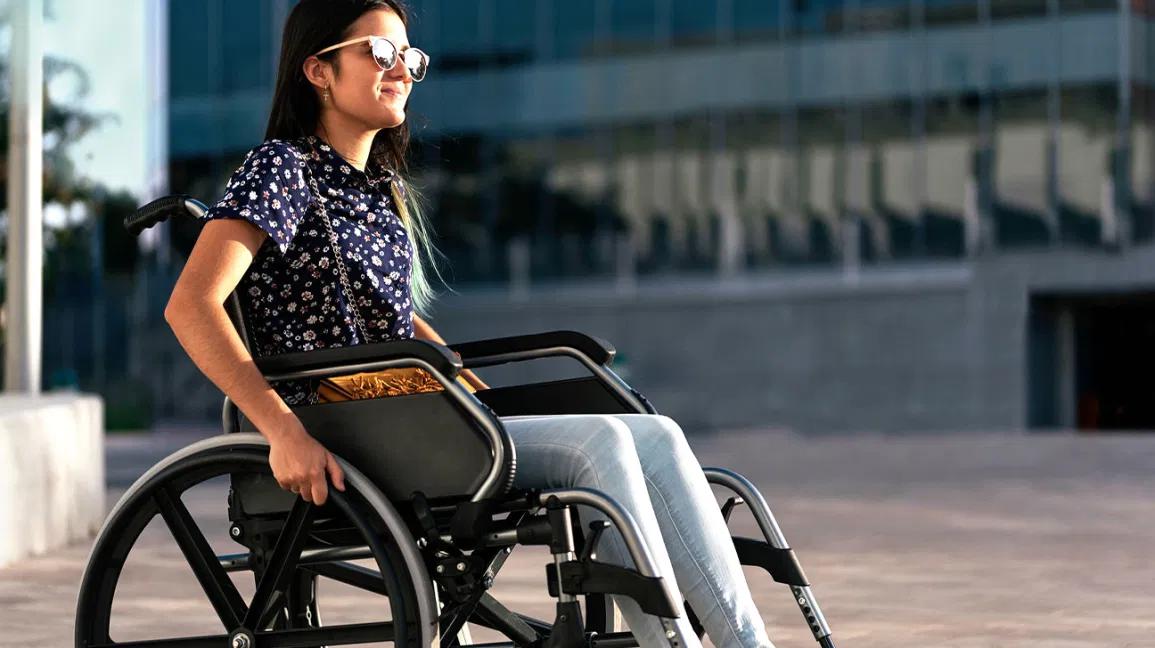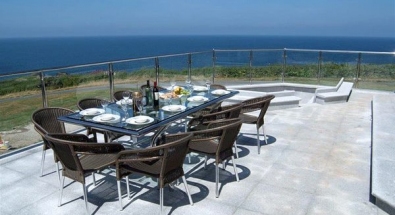Be yourself: top tips for seeing the person beyond the disability

As a person new to a disability support role, or a family member adjusting to a loved-one now being disabled, it’s important to know how to see the person and not the disability.
All disability service providers Melbourne can follow a few simple tips to see the person beyond the disability.
Here are those five important tips below:
-
Just be yourself!
People often change the way they act around people living with a disability, but it really doesn’t have to be any different from talking to anyone else!
Whilst you may want to change your actions and mannerisms out of fear of doing the wrong thing, it’s more important to just take a breath and initiate your first conversation with the person - the ball will roll from there!
-
Be mindful of space
This relates back to not trying to do everything for the person with a disability. They may not need you to do things like push their wheelchair for them, as they may see it as a part of themselves and something with which they can operate by themselves.
Furthermore, a person with a disability might be more than capable of feeding themself and using cutlery, so be sure to ask before the first time you attempt to feed them.
Setting and understanding your boundaries is important when providing disability support services as you don’t want to accidentally overstep them and offend your client.
Whilst you may have the best intentions when it comes to providing some sort of care, it can be misconstrued and even taken as offense. So, once again, just be sure to communicate and ask before you accidentally cross any spacial boundaries.
-
Speak how you would with anyone else
You may, at first, be tempted to adjust the way you speak to the person with the disability. But, if you are making assumptions based on their cognitive ability, you risk offending that person.
The best thing to do is speak exactly how you usually would with anyone else. You most likely have a very clear and natural ability to communicate with other people, so this shouldn’t have to change for a person living with a disability!
-
Ask before helping
Depending on the level of disability, you may have to ask the person before attempting to help them with a situation. Many people living with a disability are still highly independent and may not require your help for every little task.
So, just be sure that you ask before attempting to handle a task that they could easily do on their own. With time, you will know exactly what tasks they might need help with and which tasks you can sit out - it’s just about asking until you know exactly which ones.
-
Person-first language is the way to go
The correct use of language is always important when providing support for a person with a disability.
“person-first “ language is where you say things exactly like that: “person with a disability” as opposed to “disabled person”.
Why? Because whatever their health issue may be doesn’t necessarily define their existence. If you were to call someone who is only partially hard of hearing “the deaf person”, that could be offensive to them and their loved ones.
In general, it’s offensive to define anyone’s existence by their disability, and this is why it’s a good idea to avoid terms like “the disabled person” instead saying that they are a person with a disability.




